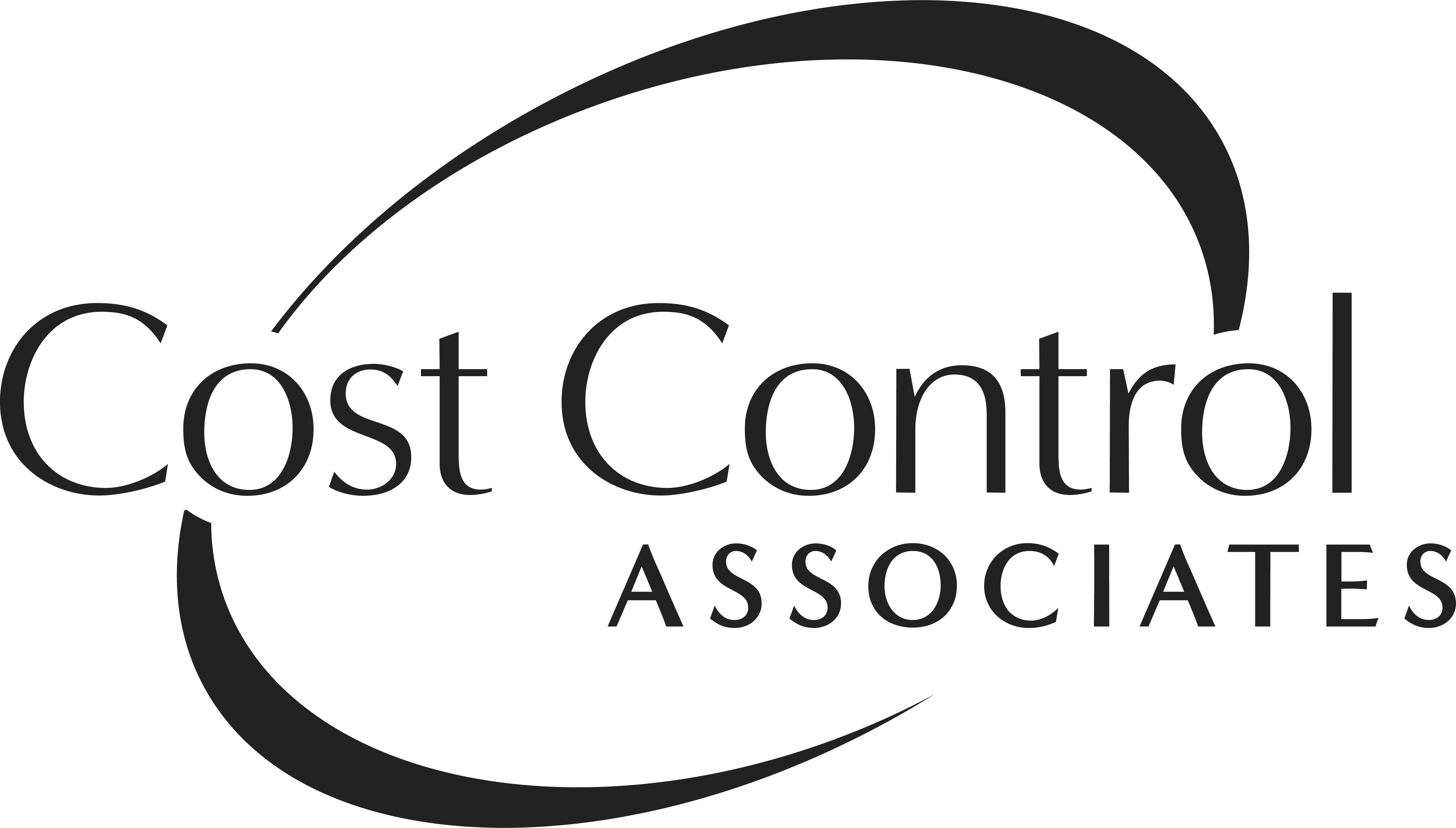What Businesses Can Do About Rising Inflation

Rising inflation is being watched all over the world right now, though the U.S. often leads the way, because it has abundant resources, a well-developed infrastructure and high productivity. Inflation is often measured by core inflation (the number you read from the Fed) vs the consumer price index (CPI) which includes three widely followed measures: food, energy and shelter. Though those costs are pretty basic and can change dramatically on short notice, consumers relate them very highly. In actuality, “services less energy services” is an index component
The New York Times reported that the Federal Reserve officials will likely increase interest rates when they next meet in September, though we do not know how much. It is nearly certain the Fed will raise rates again when central bank officials meet Sept. 20-21. Another three-quarter-point increase would be a strong indication that policymakers are determined not to relax their efforts until they see clear evidence that inflation has slowed. A half-point increase, though still large by historical standards, would suggest that the Fed believes it can ease up, if only slightly.
In a news conference after its July meeting, Jerome H. Powell, the Fed chair, characterized the three-quarter-point increases as “unusually large” and said the decision on whether to continue them would depend on incoming economic data. At this point it is impossible to see how it might go in September.
The Fed is facing a difficult balancing act, needing to raise interest rates aggressively to bring down inflation without triggering a U.S. recession. Rising interest rates increase borrowing costs for companies and consumers, weighing on economic activity.
What Can Your Business Do?
Depending on the size of your company, there are several things you can do to combat the changes. These days the price of energy has a lot to do with the cost of getting things to you, including components, parts or raw materials. Find a consultant who can help you plan ahead. Ask yourself these questions:
- Look at all your regular expenditures to see if you can cut back. When is the last time you reviewed the costs you are paying for utilities, telecom and waste removal costs? Over time these costs change or expend.
- Consider the costs of deliverables. Are you dependent on an in-house team to review your invoices and pay them securely? Have you considered outsourcing? An experienced outsourced team understands what you are paying for and knows your needs.
- Take advantage of an outsourced team to deliver a dashboard that you can review and run reports from. The more information you have, the better. You can plan ahead for expenses.
- Is your business growing or changing? You can save alot of time (and money) by hiring an expert to open and close accounts for you
- What about the cost of energy? (see below) Do you feel trapped by your contracts?
Given that we expect interest rates to rise over time, this is a great time to look at your business, streamline where you can save and prepare for the future. It will help your business make it through small downturns and economic changes and help you take advantage of opportunities when they arise
Plan ahead. Be prepared for demand fluctuations, cost increases, interest rate increases, and periods of economic change. Ensure that you take prompt actions when needed to protect the financial strength of your business. Forecasts and budgets can help you monitor trends and provide information helpful to making good business decisions.
Right now everything is up in the air. It is a good time to take steps to plan ahead.

Brandon Sisson is vice president of energy sales at Cost Control Associates. His energy management experience includes regulated rate review, strategic energy sourcing, utility bill processing and demand-side energy efficiency/sustainability initiatives. Brandon has assisted Global 1000 customers with energy spend optimization across a broad spectrum of industries. Prior to joining Cost Control Associates, he held energy-focused leadership roles for Accenture, Insight Sourcing Group and Procurian.
